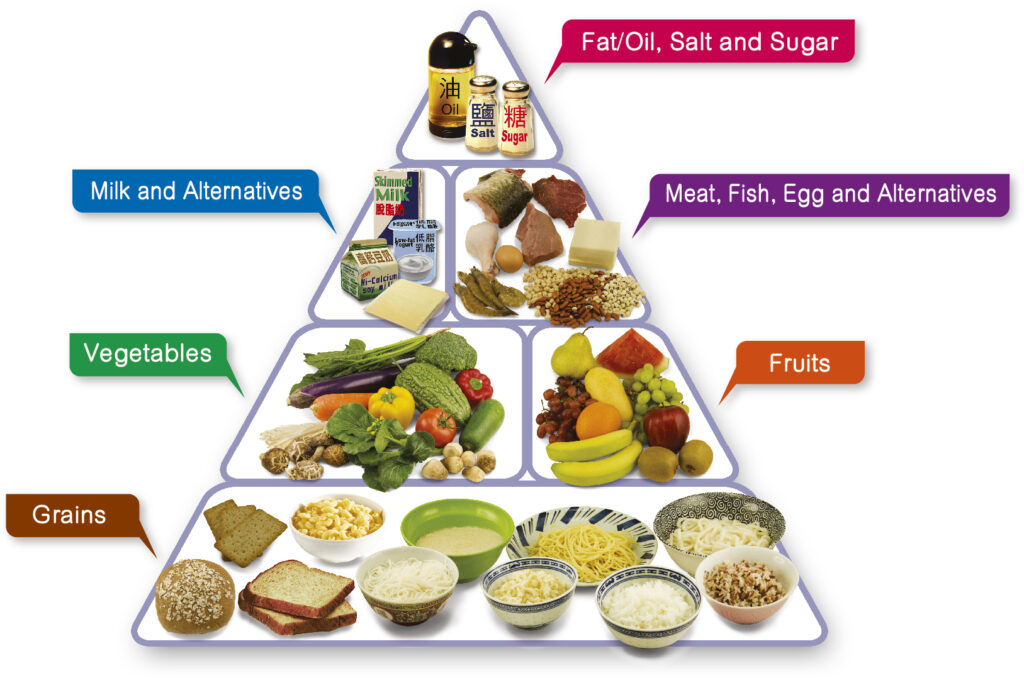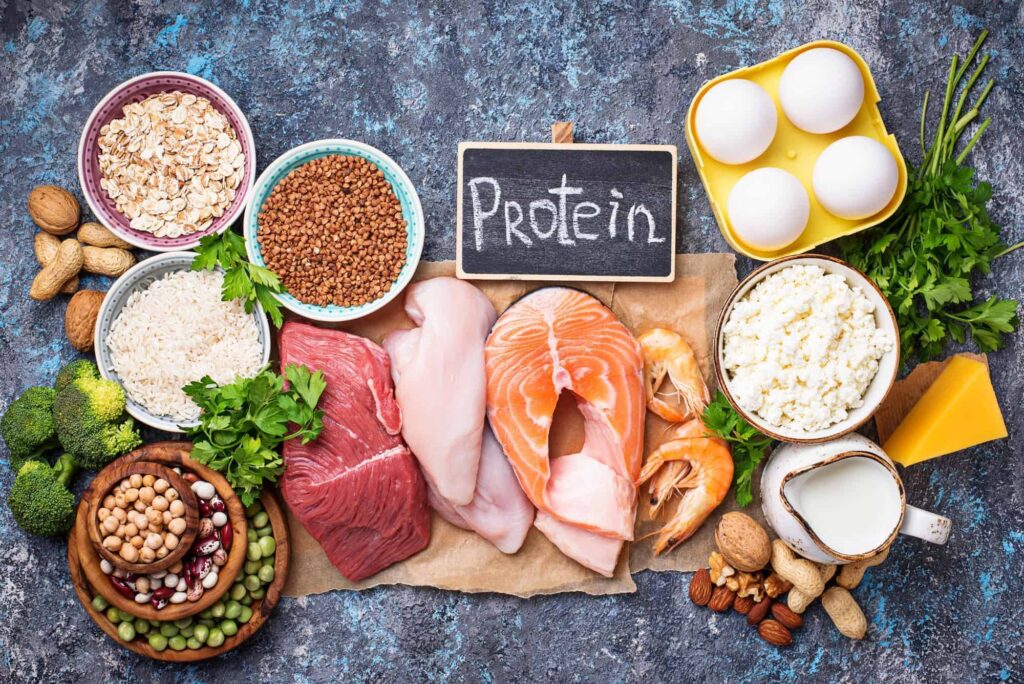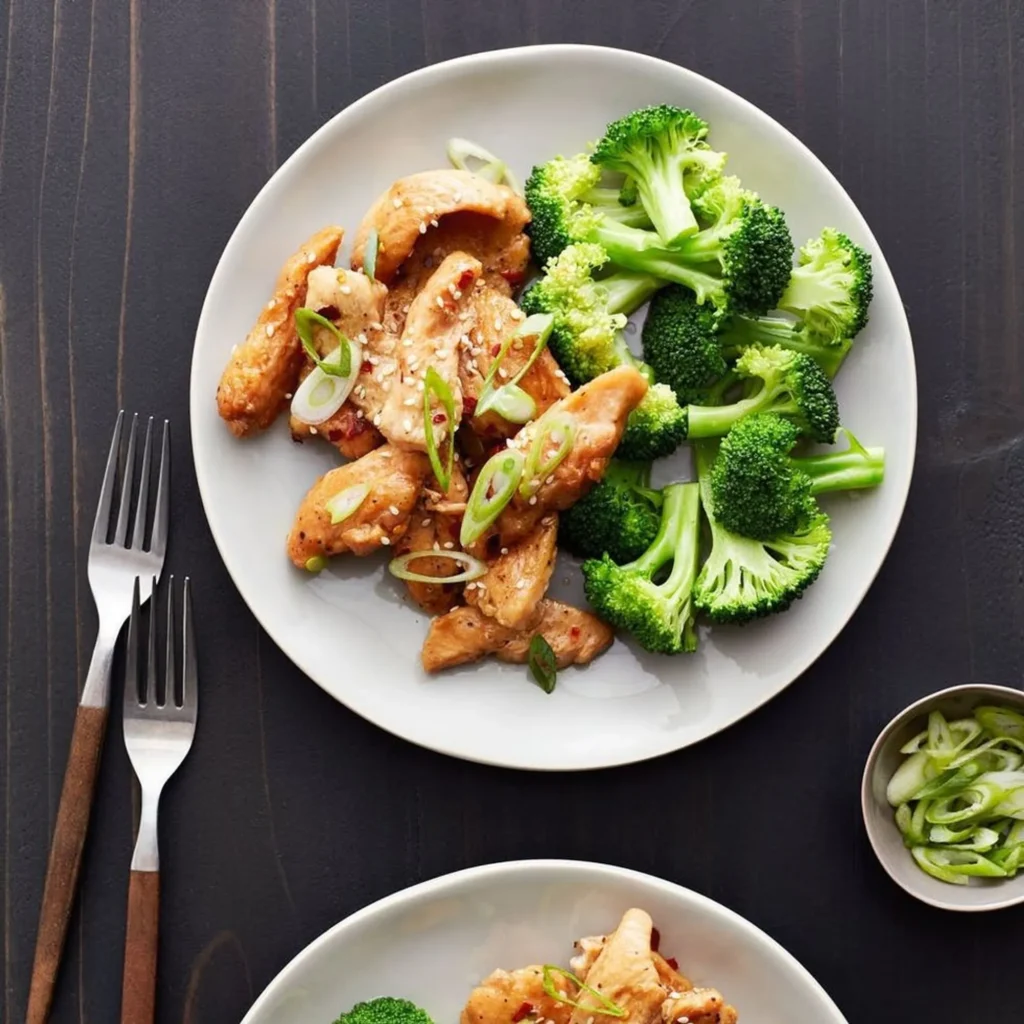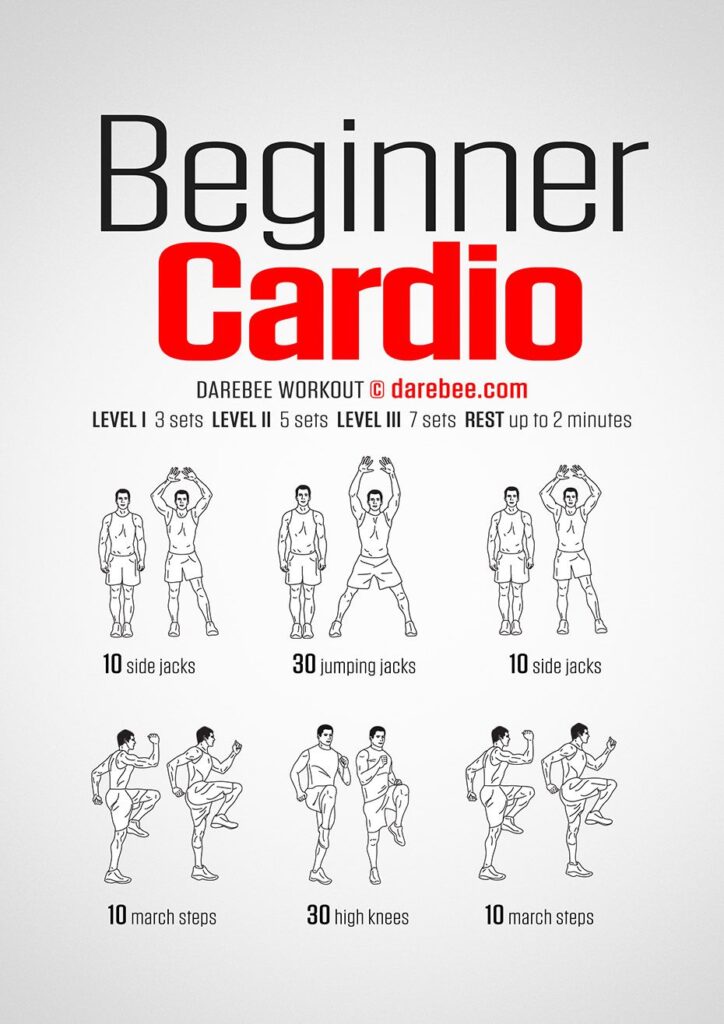Introduction
Losing weight quickly is a common goal for many individuals, whether it’s for a special event, health reasons, or personal satisfaction. While it can be challenging, achieving rapid weight loss is possible with the right approach. In this guide, we will explore effective strategies to help you understand how weight loss quickly can be achieved safely and sustainably.
Quick weight loss can provide immediate benefits, such as improved health markers, increased energy levels, and enhanced self-esteem. However, it’s important to approach this goal with a balanced mindset, focusing on methods that are both effective and maintainable in the long term.
Setting Realistic Expectations
Before diving into the strategies, it’s crucial to set realistic expectations. Rapid weight loss is often most noticeable in the initial weeks due to water weight reduction and changes in diet. Sustainable weight loss typically involves a combination of dietary changes, regular exercise, and lifestyle adjustments.

Key Areas of Focus
In this guide, we will cover several key areas essential for achieving quick weight loss, including:
- Balanced Diet: Understanding the role of nutrition in weight loss and how to create a diet plan that supports your goals.
- Exercise Regimen: Exploring effective workout routines that maximize calorie burn and build muscle.
- Monitoring Progress: Importance of tracking your progress to stay motivated and make necessary adjustments.
- Sleep and Recovery: How adequate sleep and recovery contribute to weight loss.
- Stress Management: Techniques to manage stress, which can impact your weight loss efforts.

Visual Aids
- Balanced Diet Section: A colorful image of a balanced meal plate showing portions of proteins, vegetables, and whole grains.
- Exercise Regimen Section: A dynamic photo of someone performing a HIIT workout or strength training exercises.
- Monitoring Progress Section: An image of a person writing in a food journal or tracking their weight on a scale.
- Sleep and Recovery Section: A calming image of a person sleeping peacefully.
- Stress Management Section: A serene photo of someone meditating or practicing yoga.
Balanced Diet
A balanced diet is the cornerstone of any successful weight loss plan, especially when aiming to achieve results quickly. Understanding how to structure your diet to promote rapid weight loss can make a significant difference in your journey. Here, we’ll delve into essential dietary components and tips to help you understand how weight loss quickly can be accomplished through proper nutrition.
High-Protein Foods
Protein is a critical nutrient for weight loss as it helps build muscle and boosts metabolism. Including high-protein foods in your diet can keep you feeling full longer, reducing the likelihood of overeating. Some excellent sources of protein include:
- Lean meats (chicken, turkey)
- Fish and seafood
- Eggs
- Legumes (beans, lentils)
- Dairy products (Greek yogurt, cottage cheese)

Low-Carb Options
Reducing your intake of refined carbohydrates can help decrease water weight and bloating, leading to quick weight loss. Focus on low-carb options to replace refined carbs:
- Whole grains (quinoa, brown rice)
- Vegetables (leafy greens, broccoli)
- Fruits (berries, apples)
- Nuts and seeds

Fiber-Rich Foods
Fiber is essential for weight loss as it helps regulate your digestive system and keeps you feeling satiated. Incorporate fiber-rich foods into your meals:
- Fruits (berries, pears)
- Vegetables (carrots, spinach)
- Whole grains (oats, barley)
- Legumes (chickpeas, lentils)
Hydration Tips
Staying hydrated is crucial for overall health and can aid in weight loss. Drinking plenty of water can help control hunger and boost your metabolism. Here are some tips to stay hydrated:
- Drink a glass of water before each meal.
- Carry a water bottle with you throughout the day.
- Include hydrating foods in your diet (cucumbers, watermelon).
Meal Planning
Planning your meals can make it easier to stick to a balanced diet and achieve quick weight loss. Here are some tips for effective meal planning:
- Prepare meals in advance to avoid unhealthy choices.
- Use portion control to manage calorie intake.
- Include a variety of foods to ensure you get all necessary nutrients.
A balanced diet is essential for quick weight loss. By incorporating high-protein foods, opting for low-carb options, including fiber-rich foods, staying hydrated, and planning your meals, you can set yourself up for success. Understanding how weight loss quickly can be achieved through proper nutrition is key to reaching your goals.
Exercise Regimen
An effective exercise regimen is crucial for achieving quick weight loss. Combining different types of workouts can help you burn calories, build muscle, and boost your metabolism. In this section, we’ll explore various exercise strategies to help you understand how weight loss quickly can be achieved through physical activity.
High-Intensity Interval Training (HIIT)
High-Intensity Interval Training (HIIT) is one of the most efficient ways to burn calories and lose weight quickly. HIIT involves short bursts of intense exercise followed by brief rest periods. This type of training keeps your heart rate up and increases calorie burn even after your workout is over.
- Example HIIT Exercises: Sprinting, jumping jacks, burpees, and high knees.
- Duration: Typically 20-30 minutes per session.
Strength Training
Strength training is essential for building muscle, which in turn helps increase your metabolism. Muscle tissue burns more calories at rest compared to fat tissue, making it easier to maintain weight loss.
- Example Strength Training Exercises: Weight lifting, resistance band exercises, bodyweight exercises (push-ups, squats).
- Frequency: Aim for at least 2-3 times per week.
Cardiovascular Exercises
Cardio workouts are great for burning calories and improving cardiovascular health. Incorporating regular cardio sessions into your routine can significantly contribute to quick weight loss.
- Example Cardio Exercises: Running, cycling, swimming, and brisk walking.
- Duration: Aim for at least 150 minutes of moderate-intensity or 75 minutes of high-intensity cardio per week.

Combining Different Workout Types
Combining HIIT, strength training, and cardio can provide a well-rounded exercise regimen that maximizes calorie burn and supports overall fitness.
- Weekly Plan: Mix HIIT sessions with strength training and cardio workouts throughout the week.
- Example Schedule: Monday – HIIT, Tuesday – Strength Training, Wednesday – Cardio, Thursday – Rest, Friday – HIIT, Saturday – Strength Training, Sunday – Cardio.
Importance of Consistency
Consistency is key to achieving quick weight loss. Sticking to your exercise regimen and gradually increasing the intensity and duration of your workouts will yield the best results.
- Tips for Staying Consistent:
- Set realistic goals.
- Find a workout buddy.
- Track your progress.
- Reward yourself for milestones.
An effective exercise regimen that includes HIIT, strength training, and cardio workouts is essential for quick weight loss. By understanding how weight loss quickly can be achieved through these exercise strategies, you can create a balanced routine that helps you reach your goals. Stay consistent, mix up your workouts, and enjoy the journey to a healthier you.
Monitoring Progress
Monitoring your progress is an essential part of achieving quick weight loss. By keeping track of your diet and exercise, you can stay motivated, identify areas for improvement, and make necessary adjustments to your plan. Here are some effective strategies to help you understand how weight loss quickly can be monitored and maintained.
Keeping a Food Journal
A food journal is a valuable tool for tracking what you eat and drink. By recording your daily intake, you can identify patterns, stay accountable, and make healthier choices.
- Benefits: Helps you become more aware of your eating habits, reduces mindless snacking, and highlights areas for improvement.
- Tips for Keeping a Food Journal:
- Write down everything you eat and drink, including portion sizes and meal times.
- Note your feelings and hunger levels to identify emotional eating triggers.
- Review your entries regularly to spot trends and make adjustments.
Tracking Workouts
Tracking your workouts is crucial for measuring your progress and ensuring you are challenging yourself. It helps you stay consistent and motivated by providing a clear record of your achievements.
- Benefits: Allows you to see improvements over time, helps you set realistic goals, and keeps you accountable.
- Tips for Tracking Workouts:
- Record the type of exercise, duration, intensity, and any notes on how you felt.
- Use fitness apps or wearable devices to track your workouts more accurately.
- Set specific, measurable goals and monitor your progress towards them.
Regular Weigh-Ins
Weighing yourself regularly can help you stay on track and make adjustments to your weight loss plan as needed. However, it’s important to remember that weight can fluctuate due to various factors, so focus on long-term trends rather than daily changes.
- Benefits: Provides tangible evidence of progress, helps identify plateaus, and motivates you to stay on course.
- Tips for Regular Weigh-Ins:
- Weigh yourself at the same time each day, preferably in the morning after using the bathroom.
- Use a reliable scale and place it on a hard, flat surface.
- Record your weight in a journal or app to track trends over time.
Adjusting Plans Based on Progress
As you monitor your progress, you may find that certain aspects of your diet or exercise routine need adjustment. Being flexible and willing to make changes is key to achieving quick weight loss.
- Benefits: Ensures that your plan remains effective and aligned with your goals, helps overcome plateaus, and keeps you motivated.
- Tips for Adjusting Your Plan:
- If you’re not seeing the desired results, consider adjusting your calorie intake or increasing the intensity of your workouts.
- Seek feedback from a fitness professional or dietitian to fine-tune your plan.
- Stay positive and patient, understanding that weight loss is a journey with ups and downs.
Monitoring your progress through keeping a food journal, tracking workouts, regular weigh-ins, and adjusting plans based on progress is essential for quick weight loss. By understanding how weight loss quickly can be monitored, you can stay motivated, make informed decisions, and achieve your weight loss goals more effectively.
Importance of Quality Sleep
Sleep plays a critical role in regulating various bodily functions, including metabolism, hormone production, and appetite control. Lack of sleep can lead to increased hunger, cravings, and reduced willpower, making it harder to stick to your diet and exercise plan.
- Benefits of Quality Sleep:
- Supports metabolic health and helps regulate appetite.
- Reduces levels of the hunger hormone ghrelin and increases the satiety hormone leptin.
- Enhances mood, cognitive function, and overall well-being.

Sleep Duration and Weight Loss
The amount of sleep you get each night can directly impact your weight loss efforts. Adults should aim for 7-9 hours of sleep per night to support optimal health and weight management.
- Tips for Improving Sleep Duration:
- Establish a consistent sleep schedule by going to bed and waking up at the same time each day.
- Create a relaxing bedtime routine to signal your body that it’s time to wind down.
- Avoid caffeine and heavy meals close to bedtime.
Stress Management
Managing stress effectively is crucial for quick weight loss. Chronic stress can hinder your weight loss efforts by affecting your metabolism, hormone levels, and overall well-being. By understanding the impact of stress on weight loss and adopting techniques like meditation, mindfulness, and exercise, you can significantly enhance your weight loss journey. Here’s how to address stress and see how weight loss quickly becomes more achievable.
Impact of Stress on Weight Loss
Stress triggers the release of cortisol, a hormone that can lead to increased appetite and cravings for high-fat, sugary foods. Elevated cortisol levels can also promote fat storage, particularly around the abdomen, making it harder to lose weight.
- Effects of Stress on Weight Loss:
- Increases appetite and cravings, leading to overeating.
- Promotes fat storage, especially in the abdominal area.
- Reduces motivation to exercise and maintain healthy habits.
- Disrupts sleep, which can further impact weight loss efforts.
Meditation and Mindfulness
Meditation and mindfulness practices can help manage stress by promoting relaxation and reducing anxiety. Incorporating these techniques into your daily routine can improve your mental well-being and support your weight loss goals.
- Benefits of Meditation and Mindfulness:
- Lowers cortisol levels and reduces stress.
- Enhances self-awareness and helps control emotional eating.
- Improves focus, patience, and overall mental health.
- Tips for Practicing Meditation and Mindfulness:
- Start with just a few minutes of meditation each day and gradually increase the duration.
- Find a quiet, comfortable space where you won’t be disturbed.
- Focus on your breathing, noticing each inhale and exhale.
- Use guided meditation apps or videos to help you get started.
Exercise as a Stress Reliever
Exercise is a powerful tool for managing stress and promoting weight loss. Physical activity releases endorphins, which are natural mood lifters that can help reduce stress and anxiety. Incorporating regular exercise into your routine can significantly improve your mental and physical health.
- Benefits of Exercise for Stress Relief:
- Releases endorphins, which help improve mood and reduce stress.
- Provides a healthy outlet for releasing pent-up energy and frustration.
- Enhances overall well-being and boosts self-confidence.
- Types of Exercise for Stress Relief:
- Cardio Workouts: Running, cycling, swimming, and brisk walking.
- Strength Training: Weight lifting, resistance band exercises, and bodyweight exercises.
- Mind-Body Activities: Yoga, Pilates, and tai chi.

Managing stress is a vital component of achieving quick weight loss. By understanding the impact of stress on weight loss and incorporating techniques like meditation, mindfulness, and regular exercise, you can reduce stress and enhance your weight loss efforts. Recognizing how weight loss quickly can be supported through effective stress management is key to reaching your goals in a healthy and sustainable way.
Meal Planning and Prep
Meal planning and preparation are fundamental strategies for achieving quick weight loss. By organizing your meals in advance, you can ensure you’re eating healthy, balanced foods that support your weight loss goals. Here’s how understanding the importance of planning meals, exploring healthy meal prep ideas, and utilizing time-saving tips can help you see how weight loss quickly becomes more manageable.
Importance of Planning Meals
Planning your meals ahead of time can have a significant impact on your weight loss journey. It helps you make healthier food choices, control portion sizes, and stay on track with your diet.
- Benefits of Meal Planning:
- Reduces the temptation to opt for unhealthy convenience foods.
- Helps control portion sizes and calorie intake.
- Saves time and reduces stress during busy weekdays.
- Ensures a balanced diet with all necessary nutrients.
Healthy Meal Prep Ideas
Preparing meals in advance ensures you have nutritious options readily available, making it easier to stick to your weight loss plan. Here are some healthy meal prep ideas to get you started:
- Breakfast:
- Overnight Oats: Combine rolled oats, Greek yogurt, almond milk, chia seeds, and fresh fruit in a jar. Refrigerate overnight.
- Egg Muffins: Whisk eggs with spinach, bell peppers, and lean turkey. Pour into muffin tins and bake.
- Lunch:
- Grilled Chicken Salad: Mix grilled chicken, leafy greens, cherry tomatoes, cucumbers, and a light vinaigrette.
- Quinoa Bowls: Combine cooked quinoa, black beans, corn, avocado, and salsa. Top with a squeeze of lime.
- Dinner:
- Stir-Fried Vegetables with Tofu: Sauté mixed vegetables with tofu in a light soy sauce and serve over brown rice.
- Baked Salmon with Asparagus: Season salmon fillets with herbs and lemon, and bake with asparagus spears.

- Snacks:
- Veggie Sticks with Hummus: Prepare carrot, cucumber, and celery sticks with a side of hummus.
- Greek Yogurt with Berries: Mix Greek yogurt with a handful of fresh berries.
Time-Saving Tips
Meal planning and prep don’t have to be time-consuming. Here are some tips to save time while ensuring you have healthy meals ready to go:
- Batch Cooking: Prepare large batches of food that can be portioned out and stored for the week. For example, cook a big pot of quinoa or roast a tray of vegetables.
- Freezing Meals: Make meals in advance and freeze them in individual portions. This is especially useful for dinners and lunches.
- Pre-Chopping Ingredients: Spend some time chopping vegetables and fruits for the week. Store them in airtight containers for easy access.
- Using Slow Cookers or Instant Pots: These appliances can save time by cooking meals while you focus on other tasks. Simply add ingredients, set the timer, and let it cook.
Meal planning and preparation are key strategies for quick weight loss. By understanding the importance of planning meals, exploring healthy meal prep ideas, and utilizing time-saving tips, you can maintain a nutritious diet that supports your weight loss goals. Recognizing how weight loss quickly can be achieved through effective meal planning and prep is essential for long-term success.
Healthy Habits
Building and maintaining healthy habits is essential for quick weight loss and long-term success. Sustainable habits can help you achieve and maintain your weight loss goals without resorting to extreme measures. In this section, we’ll explore how to build sustainable habits, avoid common pitfalls, and ensure long-term maintenance of your weight loss.
Building Sustainable Habits
Creating habits that are sustainable in the long term is crucial for effective weight loss. Here are some strategies to help you build healthy habits that stick:
- Start Small: Begin with small, manageable changes that you can gradually build upon. For example, start by incorporating one additional serving of vegetables into your daily diet.
- Set Realistic Goals: Establish achievable goals that are specific, measurable, and time-bound. This helps you stay focused and motivated.
- Consistency is Key: Consistency is more important than perfection. Aim to make healthy choices most of the time, rather than striving for perfection.
- Find Enjoyable Activities: Engage in physical activities that you enjoy. This makes it easier to stay active and stick to your exercise routine.
Avoiding Common Pitfalls
Avoiding common pitfalls can help you stay on track and prevent setbacks in your weight loss journey. Here are some pitfalls to watch out for and how to avoid them:
- Skipping Meals: Skipping meals can lead to overeating later in the day. Instead, aim for regular, balanced meals and snacks.
- Fad Diets: Avoid extreme diets that promise quick results. These are often unsustainable and can lead to yo-yo dieting.
- Emotional Eating: Identify triggers for emotional eating and find healthier ways to cope with stress, such as through exercise, meditation, or talking to a friend.
- Lack of Planning: Failing to plan your meals and exercise can lead to poor choices. Take time each week to plan your meals and workouts.
Long-Term Maintenance
Maintaining your weight loss in the long term requires ongoing commitment and adaptation. Here are some tips to help you maintain your weight loss over time:
- Regular Monitoring: Continue to monitor your weight and habits. This helps you stay accountable and make adjustments as needed.
- Flexibility: Be flexible with your approach. Life changes, and so should your strategies. Adapt your habits to fit your current lifestyle and needs.
- Celebrate Successes: Acknowledge and celebrate your achievements, no matter how small. This keeps you motivated and reinforces positive behaviors.
- Seek Support: Surround yourself with supportive friends, family, or a community that shares your health goals. This support can be invaluable in maintaining your progress.
Building sustainable habits, avoiding common pitfalls, and focusing on long-term maintenance are key to achieving quick weight loss and maintaining it over time. By understanding how weight loss quickly can be supported through healthy habits, you can create a balanced and enjoyable lifestyle that promotes lasting success.
Conclusion
Achieving quick weight loss requires a comprehensive approach that encompasses a balanced diet, a structured exercise regimen, effective stress management, adequate sleep, and the development of sustainable healthy habits. By focusing on these key areas, you can see how weight loss quickly becomes not just a goal, but a realistic and attainable outcome.
Key Takeaways
- Balanced Diet: Emphasize whole, nutrient-dense foods and practice portion control to ensure you’re fueling your body with the right nutrients while managing your calorie intake.
- Exercise Regimen: Incorporate a mix of cardio, strength training, and flexibility exercises to boost your metabolism, build muscle, and enhance overall fitness.
- Monitoring Progress: Keep a food journal, track your workouts, conduct regular weigh-ins, and adjust your plans based on your progress to stay on track.
- Sleep and Recovery: Prioritize quality sleep and proper recovery to support your body’s metabolic processes and overall well-being.
- Stress Management: Implement stress-relief techniques such as meditation, mindfulness, and exercise to maintain a balanced and focused mindset.
- Meal Planning and Prep: Plan and prepare your meals in advance to ensure you have healthy, convenient options available, saving time and reducing the temptation to make unhealthy choices.
- Healthy Habits: Build sustainable habits, avoid common pitfalls, and focus on long-term maintenance to achieve and maintain your weight loss goals.
Quick weight loss is not just about making immediate changes but adopting a holistic approach that promotes lasting health and wellness. By understanding and implementing these strategies, you can achieve your weight loss goals in a healthy and sustainable manner. Remember that the journey is just as important as the destination, and every small step you take brings you closer to a healthier, happier you

